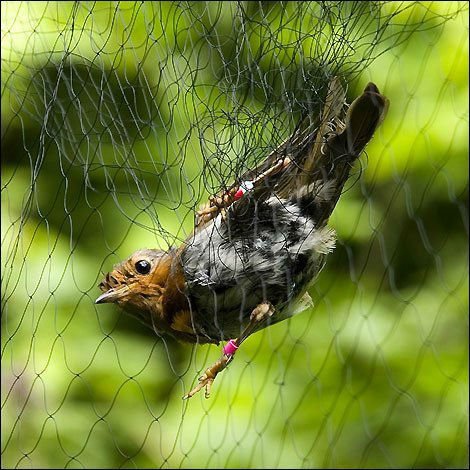FWP:
SETS == BASKIH;
WORDPLAY
JALVAH: {7,4}
For background see S. R. Faruqi's choices. For more on Ghalib's unpublished verses, see the discussion in {4,8x}.
Here's one of his many verses based entirely on wordplay. We have a piquant juxtaposition of the Indic u;Rnaa , 'to fly', with the Persian-Urdu parvaaz , 'flight'. (That is, 'flight' the way a bird flies, not the way someone flees or 'flies' from danger; the ambiguity is only in English, not in Urdu.) And we have two words that evoke 'face': .saf;hah and .suurat . Compare {7,2}, in which, similarly, something takes flight from a face-- but in that case it's color that does so, leaving the speaker's face pale with fear as death hovers nearby.
Moreover, with .saf;hah ('page, leaf of a book') and .suurat ('image, picture, portrait') we also may have the vision of a painted figure in a book, that would 'become faded or dim' (a sense of u;R jaanaa ; see the definition above). This is the sense that Gyan Chand endorses.
In the present verse, if there's any kind of literal 'face' to be envisioned at all, it must be the awesomely beautiful and terrifying face of the Hunter herself, from whom the speaker not only can't fly away, but can't even imagine flying away. But in terms of the grammar of the verse, the 'face' is that of the speaker's mind or inclination or pleasure. And what takes flight from it is the 'aspect' of flight-- the urge for it, the ability for it, the very idea of it. The whole range of meanings of the cleverly chosen .suurat (see the definition above) take wing together.
Why does all power-- and even all idea-- of flight, so utterly 'take flight' and vanish? The doubleness of z-baskih gives us two choices (for more on this, see {1,5}). Perhaps the possibility of flight vanishes despite (reading 'although') the awe-inspiring, utterly intimidating, 'consternation'-causing manifestation of the Hunter: even though she represents a mortal danger, the prey is frozen, petrified, unable to save himself from his fate. Thus the vanishing of all possibility of flight is a measure of how utterly lost is the prey, and how hopeless his doomed condition.
Or perhaps all possibility of flight vanishes because of (reading 'to such an extent') the Hunter's glory/appearance, which entirely removes the beholder's fear or panic or instinct for survival. The Hunter's beauty is such that the prey surrenders completely, caring nothing for safety or security, wishing only to continue to behold the Hunter's face. Here we're of course far into mystical territory, with all the well-known effects of the presence of the Divine. For more on ;hairat as a form of stupefaction, see {51,9x}.
This verse is one in which the lover assumes the persona of a bird; for other such examples, see {126,5}.
For another take on the .suurat-e parvaaz
, see this verse's cousin, {68,9x}.

Asi:
Since the glory/appearance of the Hunter does amazement-adorning, and has made me amazed, from the face of my temperament the aspect/image of flight has become absorbed and has remained.
== Asi, p. 126